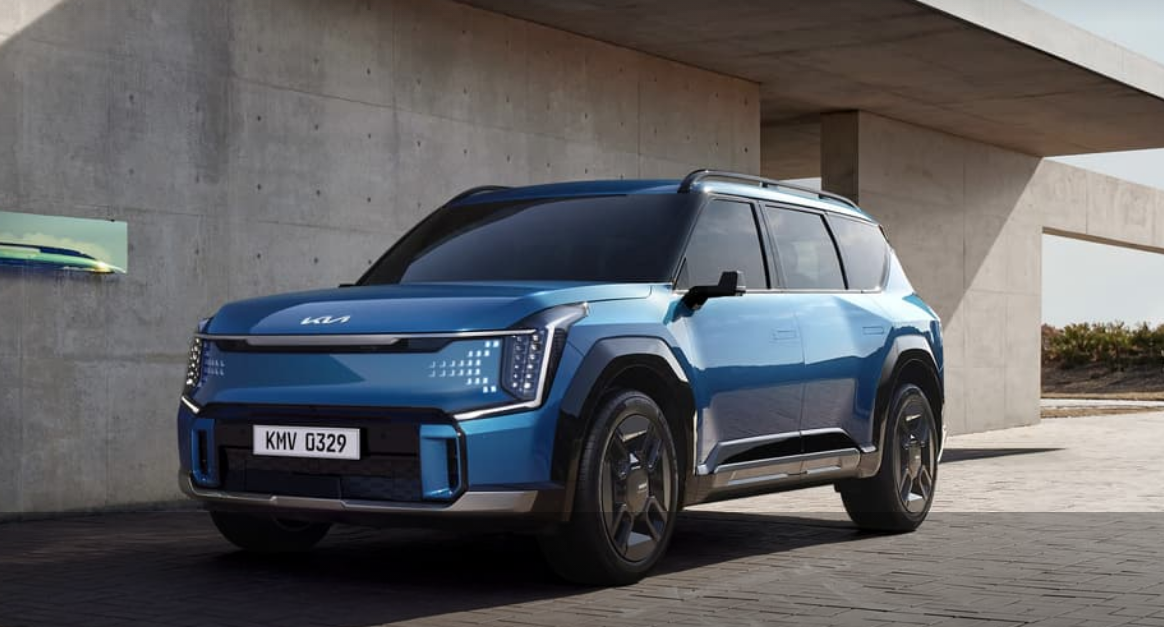According to foreign media reports, the Pakistani government has officially released the National Electric Vehicle (NEV) Policy for 2025-2030. Under this policy, Pakistan aims to increase the share of electric vehicles in total automotive sales to 30% by 2030. Haroon Akhtar Khan, the Special Assistant to the Prime Minister for Industrial and Production Affairs, emphasized at the policy launch that this initiative is a 'historic transformative measure' in Pakistan's industrial, environmental, and energy reform processes. The new electric vehicle policy aligns with the Prime Minister's vision for clean, sustainable, and affordable transportation development, while also supporting local industries and protecting the environment. Akhtar highlighted that the transportation sector is the main source of carbon emissions in Pakistan, making reform in this area essential. One of the key objectives of the policy is to ensure that by 2030, 30% of all new vehicles sold in Pakistan will be electric. This transformation is expected to save 2.07 billion liters of fuel annually, equivalent to nearly $1 billion in foreign exchange reserves. Additionally, the policy is projected to help reduce carbon emissions by 4.5 million tons and decrease healthcare-related costs by $405 million each year. In the fiscal year 2025-2026, Pakistan will allocate 9 billion rupees in initial subsidies to support 116,053 electric bicycles and 3,171 electric three-wheelers. Furthermore, the government will launch a fully digital platform to ensure transparency in the application, review, and disbursement processes for subsidies. Plans are also in place to add 40 electric vehicle charging stations along highways, with an average distance of 105 kilometers between stations, and to introduce battery swapping systems and Vehicle-to-Grid (V2G) programs. Electric vehicle charging facilities will also be required in new building codes to promote electric vehicle adoption in urban areas. To encourage domestic production, the policy offers incentives to local manufacturers. According to the Ministry of Industry and Production, over 90% of components for electric two-wheelers and three-wheelers are already produced locally. Akhtar stressed that the National Electric Vehicle Policy is not just an environmental revolution but also the cornerstone of industrial growth, local employment, energy efficiency, and technological independence for Pakistan. Over the next 24 to 25 years, the policy is expected to achieve approximately 80 billion rupees in cost savings through reduced fuel imports, the use of inexpensive electricity, and carbon credit revenues. Additionally, the transition to electric vehicles is projected to lower capacity electricity costs from 174 billion rupees to 105 billion rupees, while the carbon credit mechanism is expected to generate about 15 billion rupees in additional revenue. The Pakistani government will also waive import duties and sales taxes on electric vehicle components to support local industries. Akhtar stated, 'Pakistan should fully embrace this policy as it will bring transformative changes to our economy, environment, and industrial landscape.'
Pakistan Announces National Electric Vehicle Policy for 2025-2030

Share this post on: